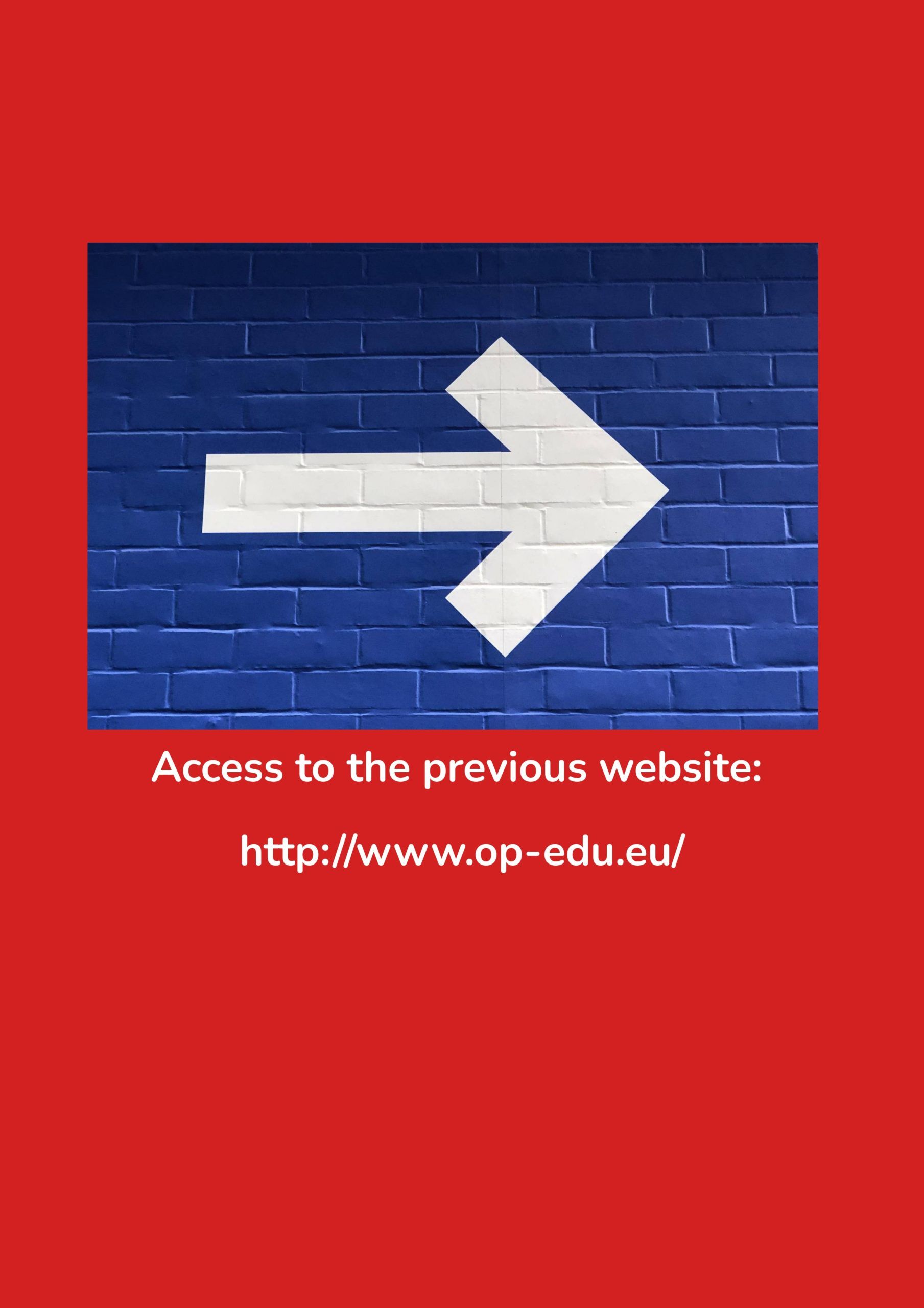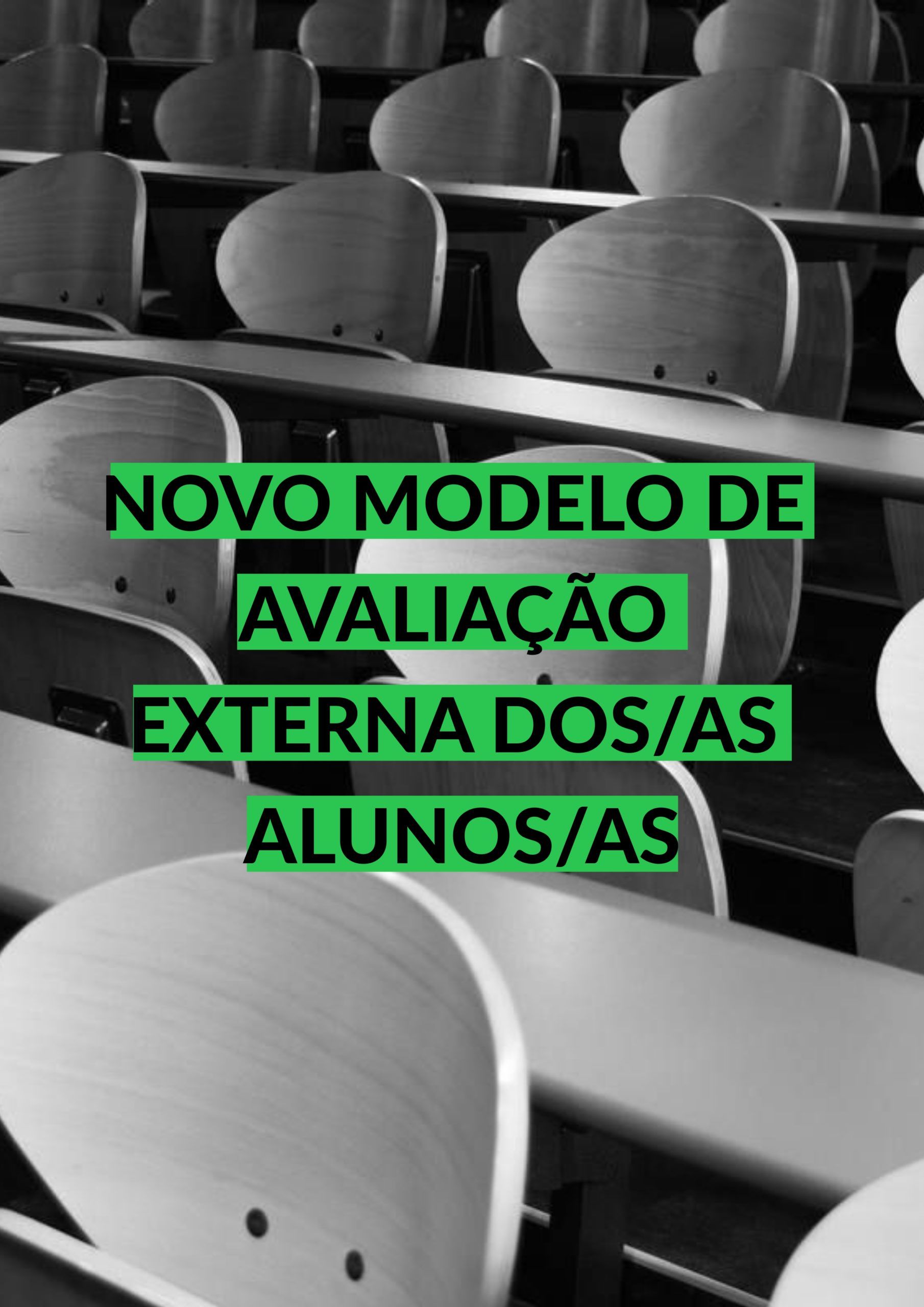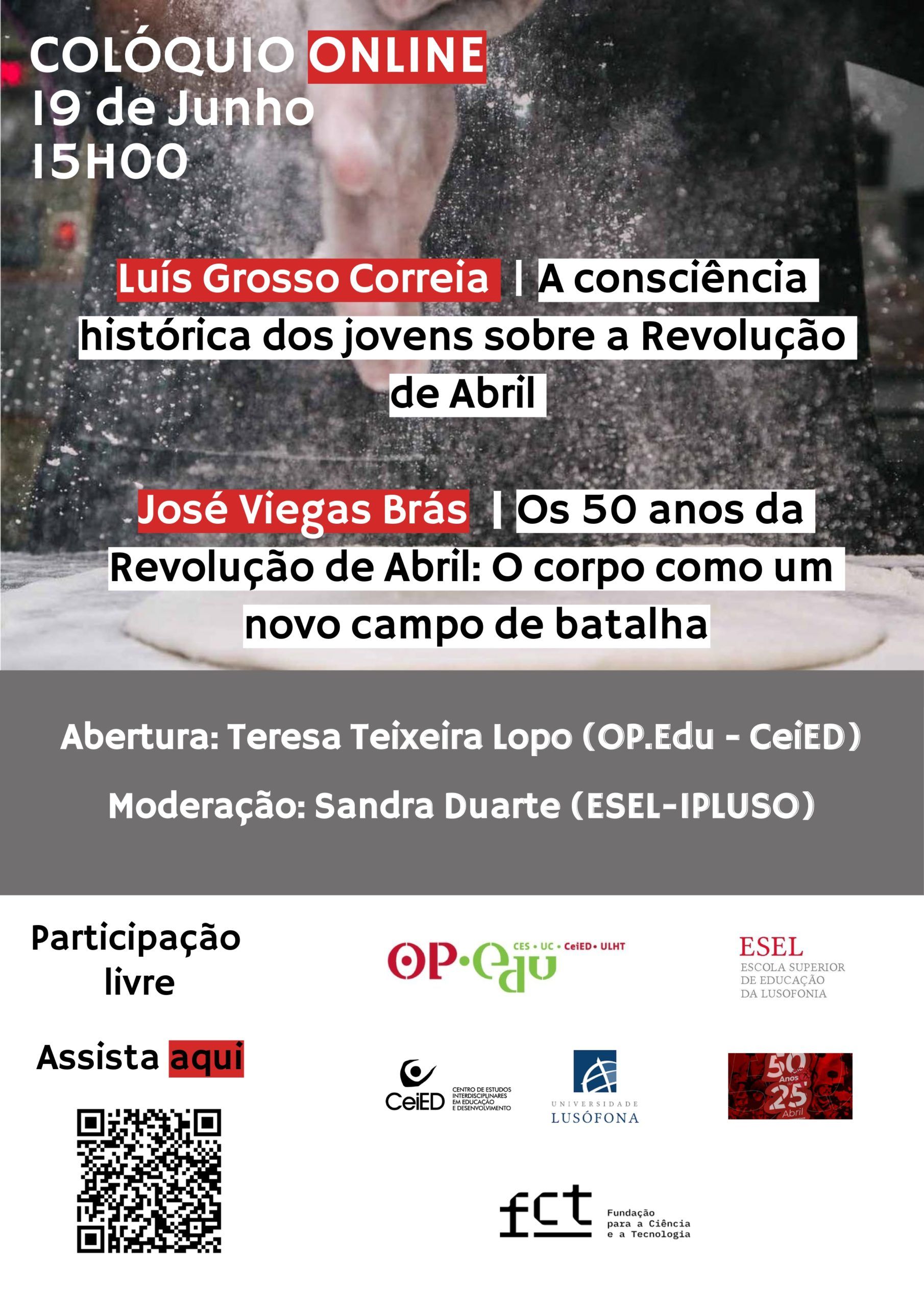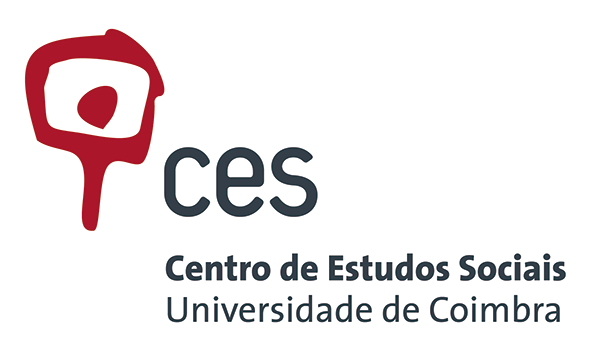Conferences and Seminars
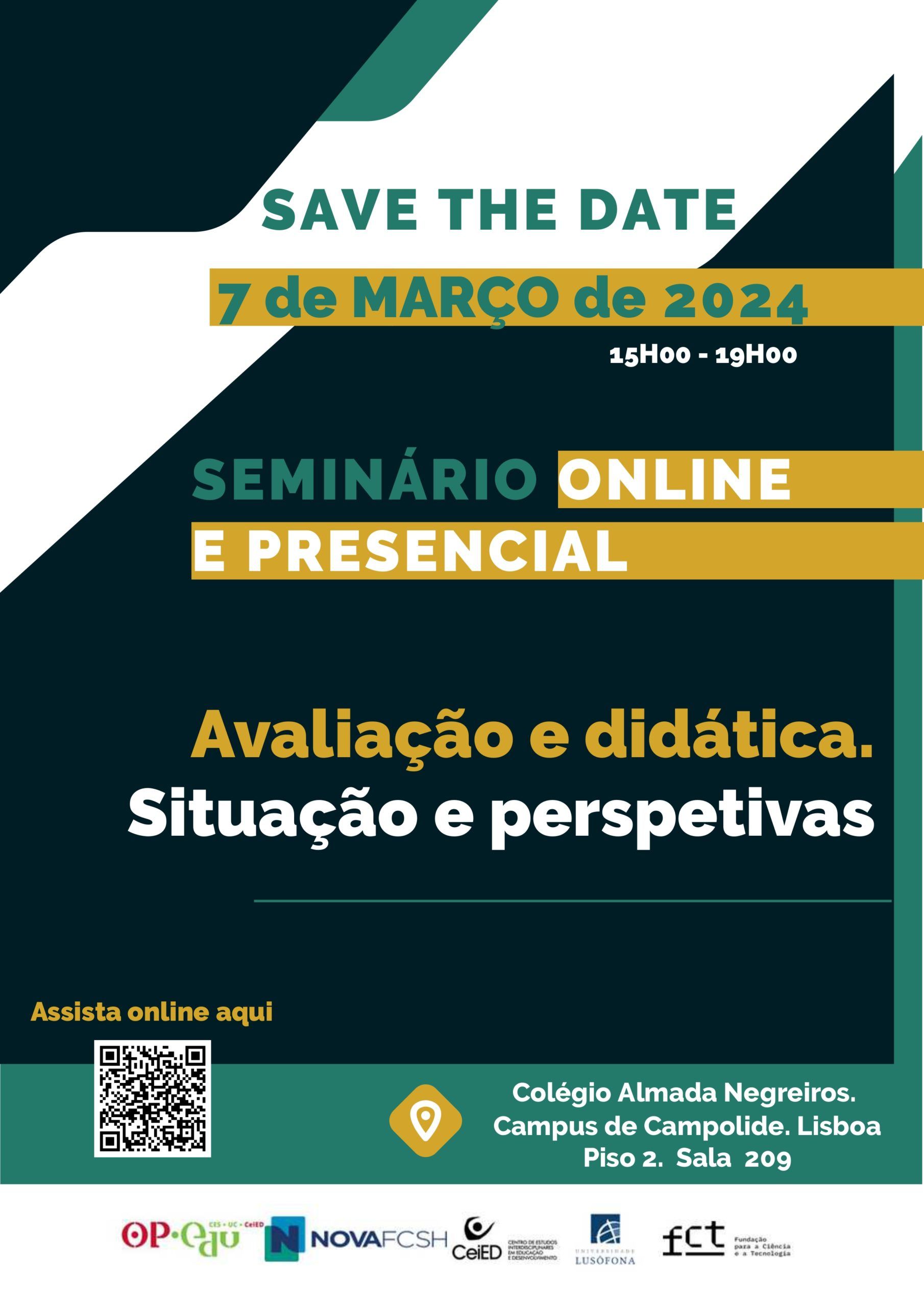
Seminar Assessment and Didactics. State of Play and Perspectives | 7 March 2024
The Seminar Assessment and Didactics. State of Play and Perspectives, will be held on March 7, 2024 (Thursday) in hybrid mode. The event is organised by OP.Edu – the Observatory for Education and Training Policies in collaboration with the Autonomous Section for General Education and Training of NOVA University of Lisbon – School of Social Sciences and Humanities, in partnership with the António Sérgio Training Centre.
Taking as its starting point the recent publication by Peter Lang of Évaluation et didactique : un dialogue critique by Daniel Bart, this seminar aims to open up a space for analysis and debate on issues related to the epistemological status of an assessment discipline, its more scientific, more practical or more political character, and its relationship with didactics.
Experiences – both in France and Portugal – of interdisciplinary intersection will be presented, and the didactic challenges of assessing competences will be analysed. On the other hand, considering that didactics and assessment of students’ knowledge are not always considered in harmony, with direct implications for the relationship between the two, some of these relationships will be problematised, including socially shared perspectives, how teachers take ownership of the relationship, and the different visions that assessment can take in relation to didactics.
PROGRAMME
PANEL 1 – 3.00 p.m. to 5.15 p.m (Lisbon time)
Assessment and Didactics: A Critical Dialogue
- Luís Manuel A. V. Bernardo | NOVA University of Lisbon – School of Social Sciences and Humanities, Autonomous Section for General Education and Training
- Daniel Bart | University of Lille, CIREL – Centre interuniversitaire de recherche en éducation de Lille
- Teresa Teixeira Lopo | Lusófona University, OP.Edu – Observatory for Education and Training Policies
- Christina Dechamps | NOVA University of Lisbon – School of Social Sciences and Humanities, Department of Languages, Cultures and Modern Literatures
- Catherine Mendonça Dias | University Sorbonne Nouvelle – Paris 3, Department of Didactics of French as a Foreign Language
- Luca Agostino | French Ministry of National Education and Youth, Pedagogical Inspector for Mathematics
- Pascal Sanchez | French Embassy in Portugal, Attaché for Linguistic and Educational Cooperation
PANEL 2 – 5.30 p.m to 7.00 p.m. (Lisbon time)
Didactic Challenges in Assessing Knowledge and Skills
- António Domingos | Department of Applied Social Sciences, NOVA School of Science and Technology
- Helena Rocha | Department of Mathematics, NOVA School of Science and Technology
- Alexandra Rodrigues | Department of Mathematics, NOVA School of Science and Technology
Moderator: Maria Neves Gonçalves | ESEL-IPLUSO, CeiED – Interdisciplinary Research Centre for Education and Development, Revista Lusófona de Educação
In partnership with the António Sérgio Training Centre (CFEAS ), this event is certified for participants from Portugal as an ACD in accordance with Order 5741/2015 of 29 May, for the purposes of career development in teaching – early childhood educators, primary and secondary school teachers and special education teachers. The event is free for teachers, but registration is compulsory via this link: https://www.cfantoniosergio.edu.pt/centro/index.php/ If you have never attended a CFEAS training before, start by registering.
Link to access the Seminar here Meeting ID: 954 3647 9698 Password: 640040
For queries about the seminar and access to the Zoom platform contact: geral@opedu.pt
Organisers

Partner

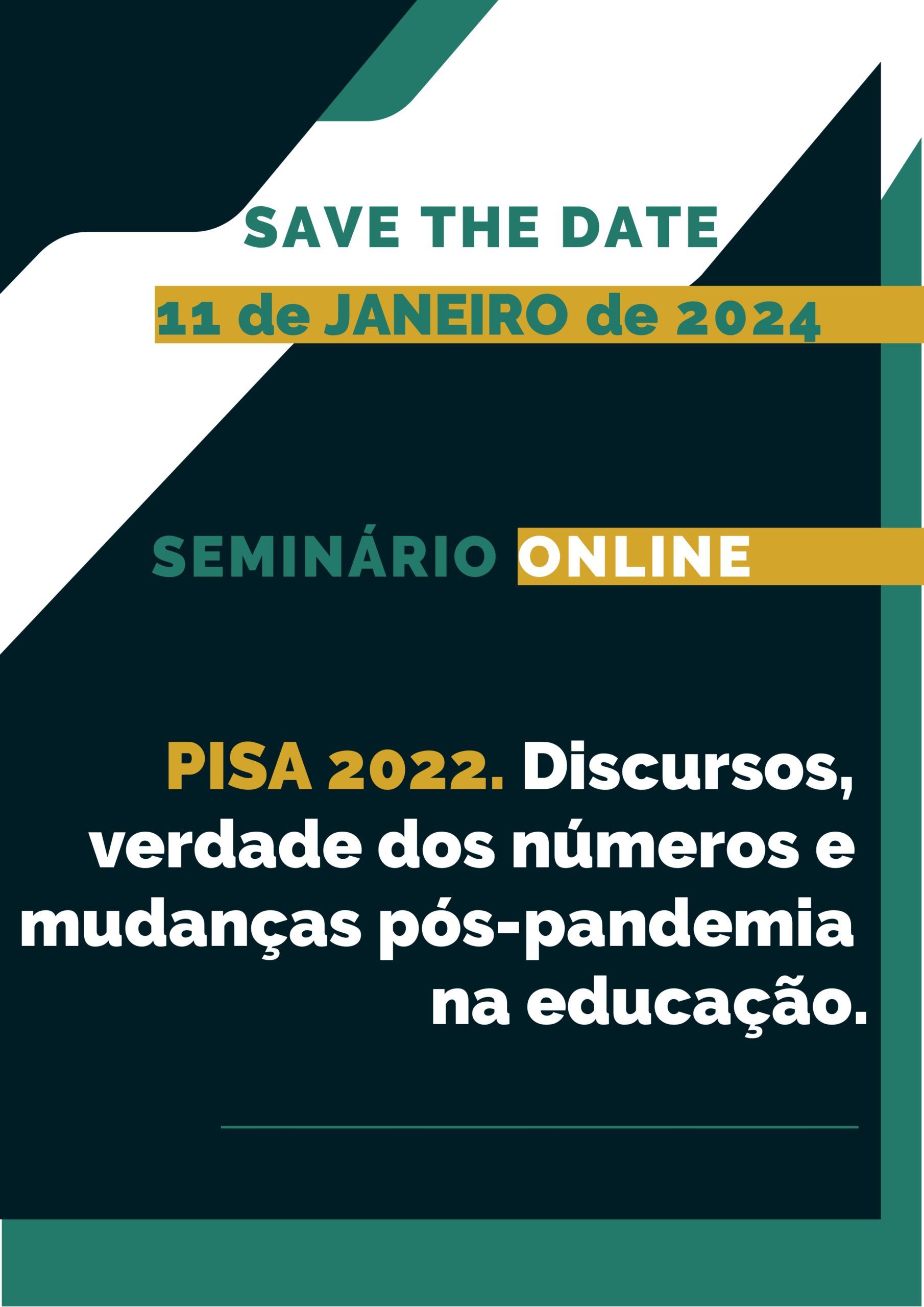
PISA 2022. Discourses, the truth of the numbers and post-pandemic changes in education | 11 January 2024 | Online
The Seminar PISA 2022. Discourses, the truth of numbers and post-pandemic changes in education will be held online on 11 January 2024 (Thursday). The event is organised by OP.Edu – the Observatory for Education and Training Policies in collaboration with the Autonomous Section for General Education and Training of NOVA University of Lisbon – School of Social Sciences and Humanities.
PROGRAMME
One month after the OECD – Organisation for Economic Co-operation and Development – published the results of the latest edition of PISA – Programme for International Student Assessment, the seminar aims to open a space for exchange and informed debate on the regulation of education policies through the so-called International Large-Scale Assessments (ILSAs), of which PISA is the most iconic representative.
Main topics to be discussed: PISA 2022 results and the post-pandemic changes in education; the relationship between Portugal’s participation in PISA and the improvement of its equity levels; the PISA discourses and the conceptual and methodological limitations that the Programme has placed on education research.
PANEL 1 – 3.00 p.m. to 4.45 p.m.
Helena Hinke Dobrochinski Candido – Faculty of Education Sciences, University of Helsinki, Helsinki Inequality Initiative | The political implications of PISA from the perspective of comparative education
Gil Nata and Tiago Neves – CIIE – Centre for Research and Intervention in Education, Faculty of Psychology and Educational Sciences, University of Porto | Equity and its relationship with PISA
Daniel Bart – University of Lille, CIREL – Centre Interuniversitaire de Recherche en Education de Lille | Le discours du PISA : quelques limites pour la recherche en éducation/The PISA discourse: some limits for education research
PANEL 2 – 5.00 p.m. to 7.00 p.m
Teresa Teixeira Lopo – Lusófona University, OP.Edu – Observatory for Education and Training Policies | PISA 2022 numbers and post-pandemic changes in basic education: first results of a national survey with teachers and school leaders
António Teodoro – Lusófona University, CeiED – Interdisciplinary Research Centre for Education and Development | The theoretical sources of the OECD approach. Limitations and the importance of a humanist alternative
Luís Manuel A. V. Bernardo – NOVA University of Lisbon – School of Social Sciences and Humanities, Autonomous Section for General Education and Training | Prescribing to quantify: PISA and the eight competences for the 21st century
Moderator: Raquel Pereira Henriques – NOVA University of Lisbon – School of Social Sciences and Humanities, Autonomous Section for General Education and Training
In partnership with the António Sérgio Training Centre, the Seminar is certified for participants from Portugal as a Short Duration Training Action (ACD, under Order 5741/2015 of 29 May), for the purposes of career progression of early childhood educators, primary and secondary school teachers and special education teachers. Those interested in obtaining this certification will need to register on this link: https://www.cfantoniosergio.edu.pt/centro/index.php/
Link to access the Seminar online here Meeting ID: 919 1544 6157 Password: 770227
For queries contact: geral@opedu.pt
Organisers
![]()
![]()
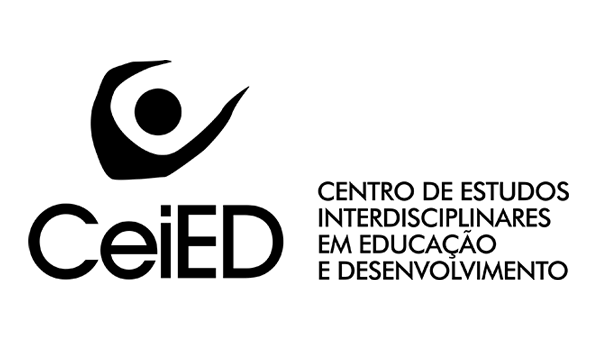
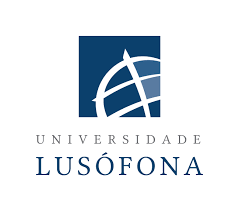
![]()
Partner

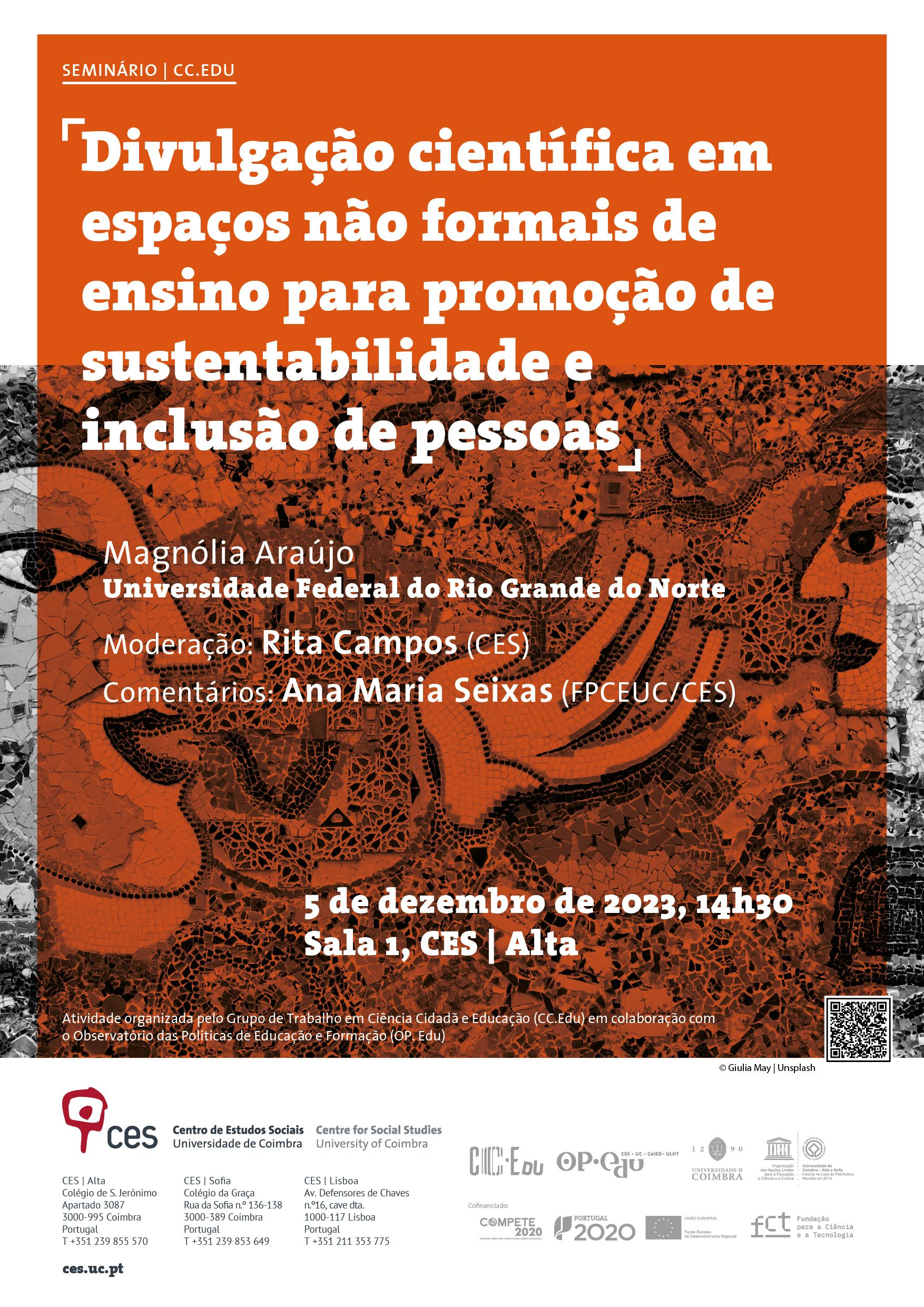
Scientific outreach in non-formal education spaces to promote sustainability and people’s inclusion | 5th December – 2.30pm | Room 1, CES – Alta
The first seminar of the cycle of International Seminars of the Citizen Science and Education Working Group (CC.Edu) will be held on 5 December at 2.30pm in Room 1 – CES Alta, under the theme Science outreach in non-formal education spaces to promote sustainability and people’s inclusion. The seminar will be presented by Magnólia Araújo, Professor at the Federal University of Rio Grande do Norte (UFRN-Brazil), with comments by researcher and co-director of OP.Edu Ana Maria Seixas.
More information about the event can be accessed here
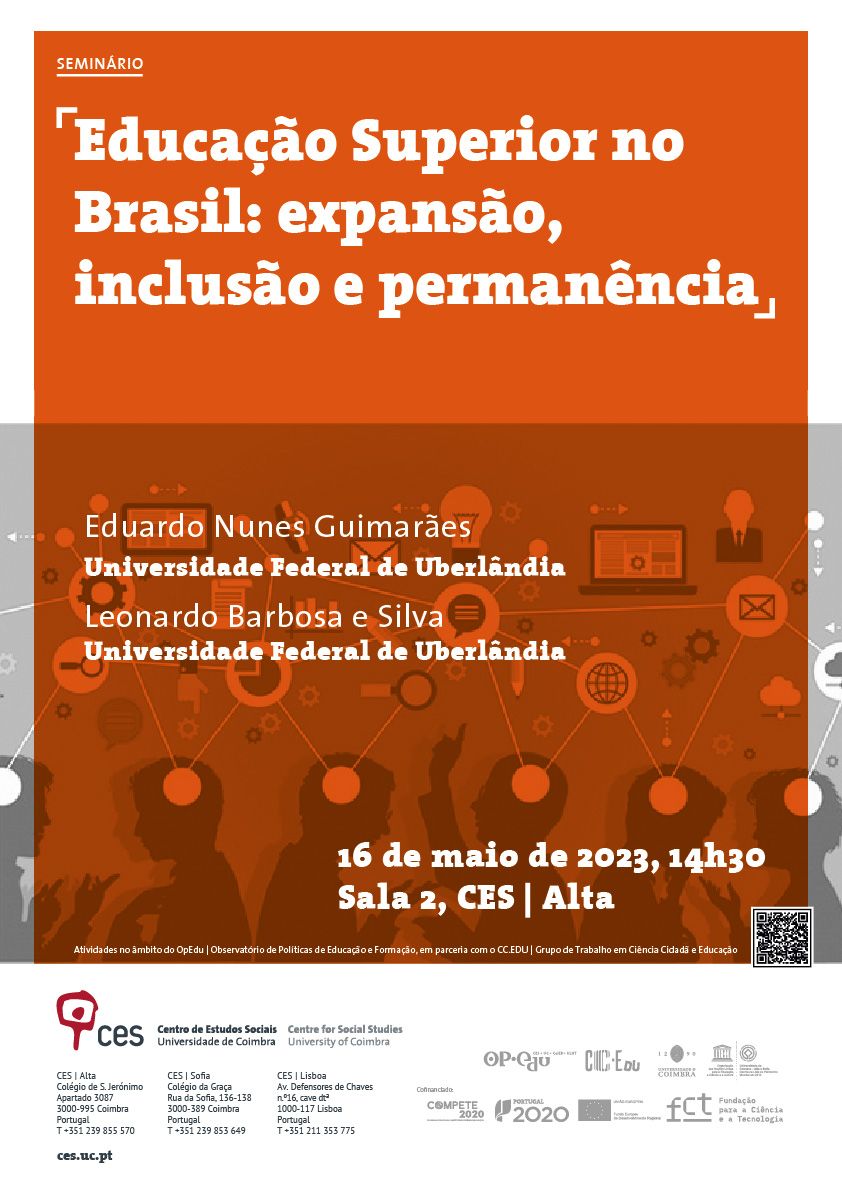
Seminar Higher Education in Brazil: expansion, inclusion and permanence | May 16, 2023 – 2:30 PM | Room 2, CES | Alta
Presentation
The seminar has as theme the Public Higher Education in Brazil, addressing in particular two issues: expansion and dropout. On the first aspect, it aims to make a regionalized analysis of the expansion of the Federal Institutions of Higher Education in the territory with reference to the volume of enrollment and the profile of graduates. By publishing a detailed examination of the regional profile of in-person undergraduate students, we expect to demonstrate the significant contribution that this public policy of higher education has made to the process of social inclusion, research and professional training in Brazil. Dropout will also be addressed, problematising the current use of definitions and measures to evaluate institutions. Such uses have often been aligned with a quantitative, fiscalist and with a markedly colonial perspective.
Program
- Expansion, inclusion and internalisation of Federal Institutions of Higher Education: an inconclusive project for Brazil | Eduardo Nunes Guimarães (Professor at the Institute of Economics of the Federal University of Uberlândia, post-doctoral visiting researcher at CES)
- When is dropout a problem? Reviewing public policies for higher education | Leonardo Barbosa e Silva (Professor at the Institute of Social Sciences of the Federal University of Uberlândia, post-doctoral visiting researcher at CES)
This seminar is part of the activities of Op.Edu | Observatory for Education and Training Policies, in partnership with CC.EDU | Working Group on Citizen Science and Education
- 1
- 2
Notícias / News
- Home
- Conferences and Seminars

